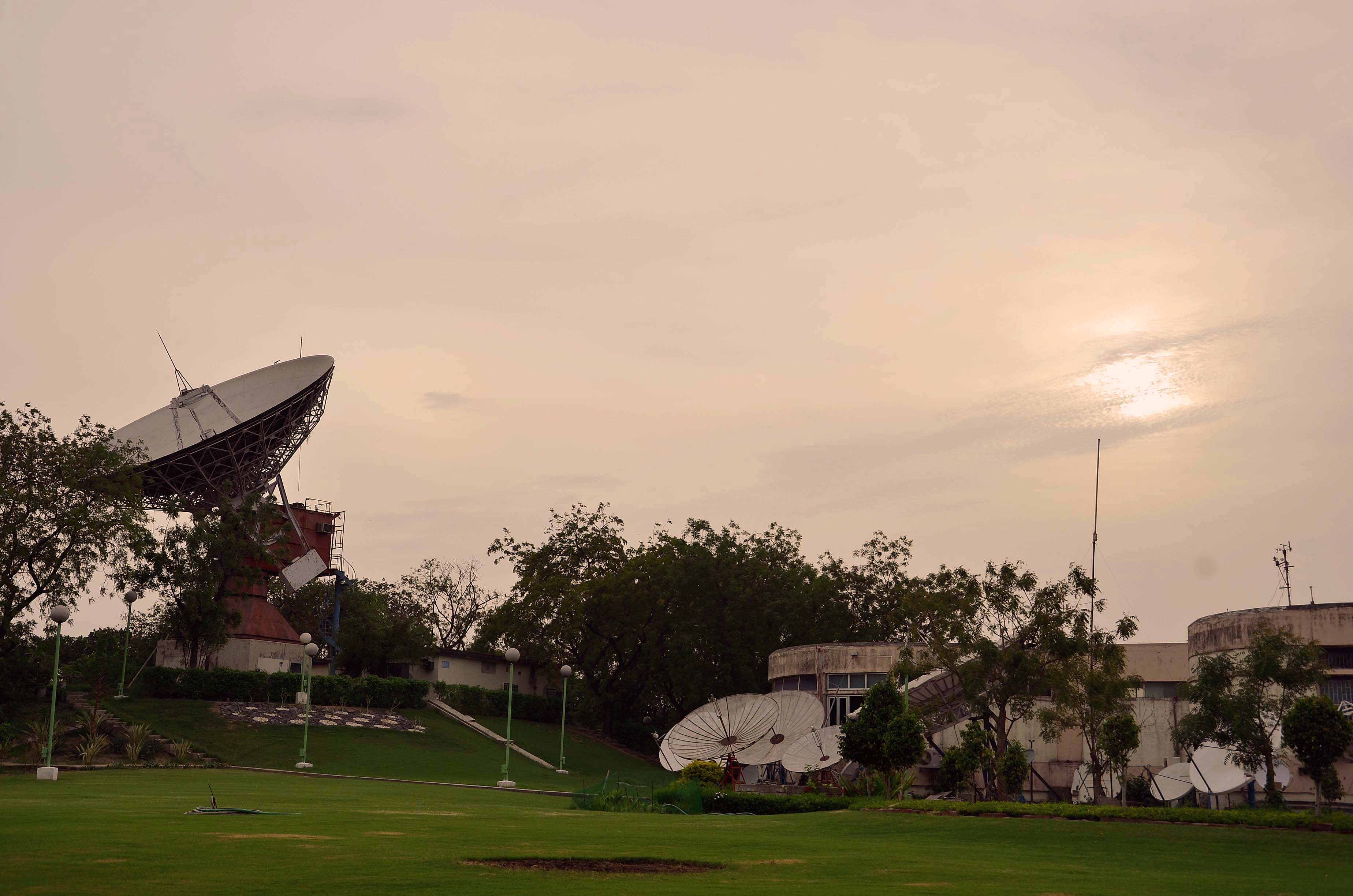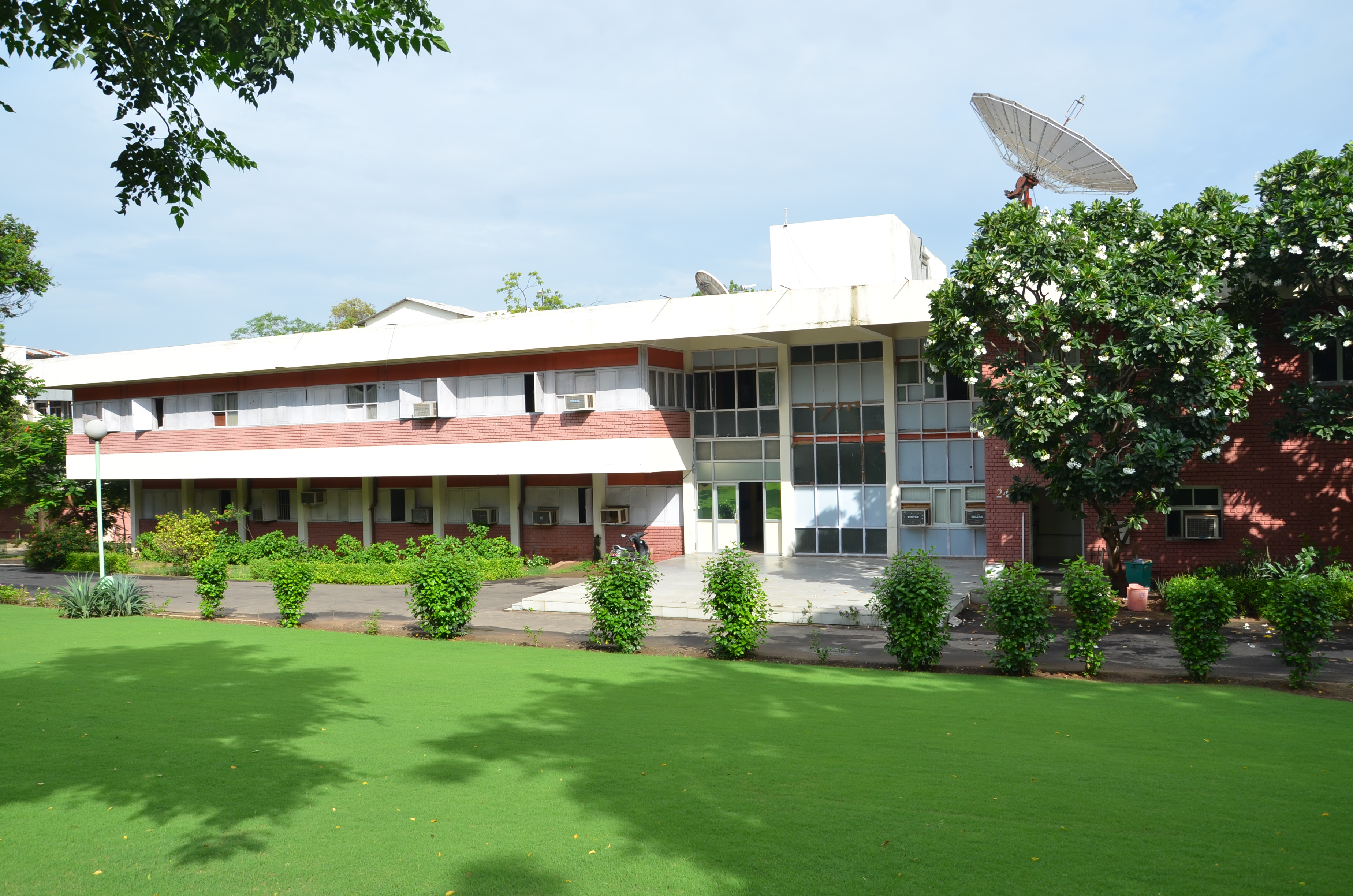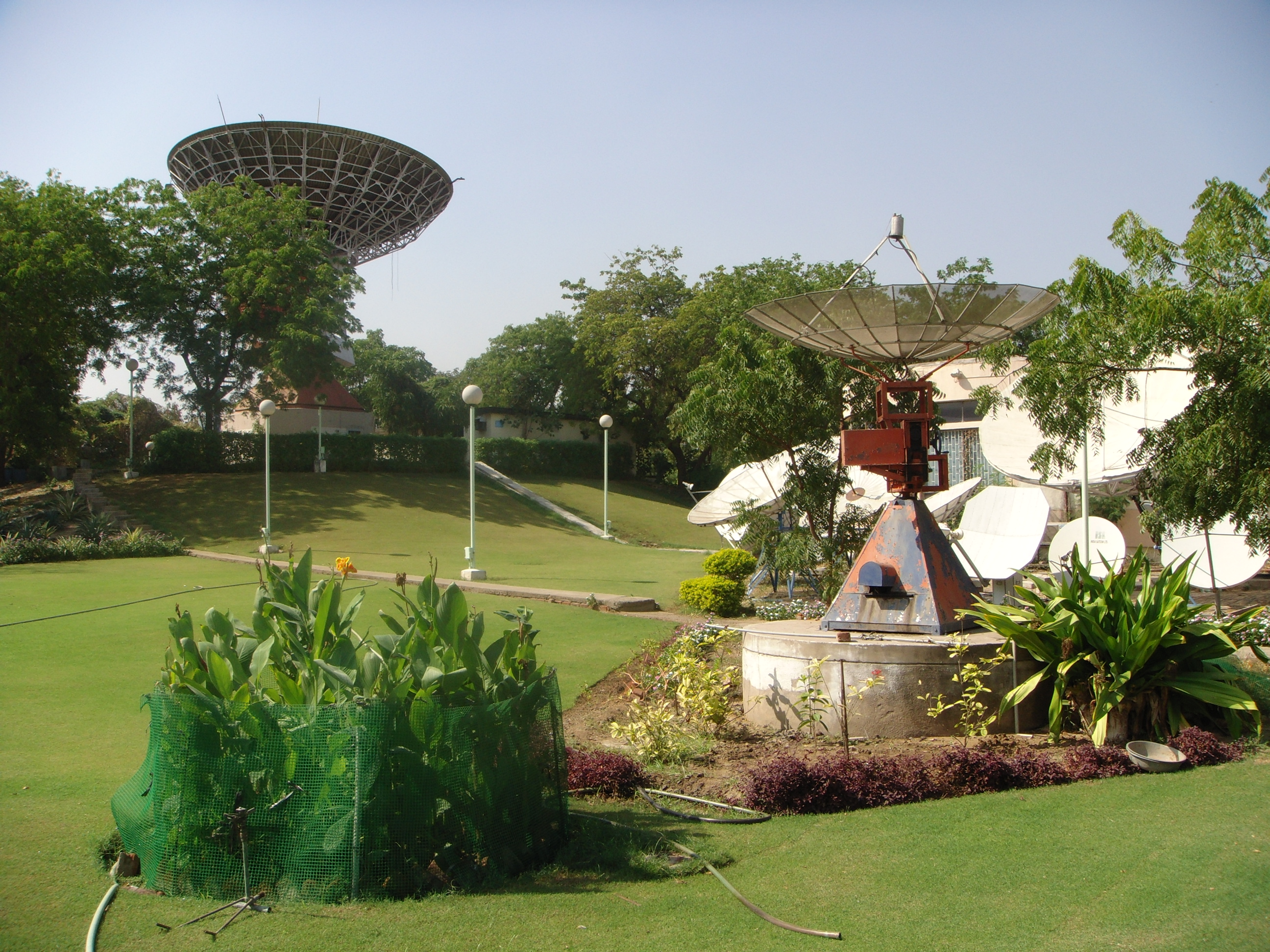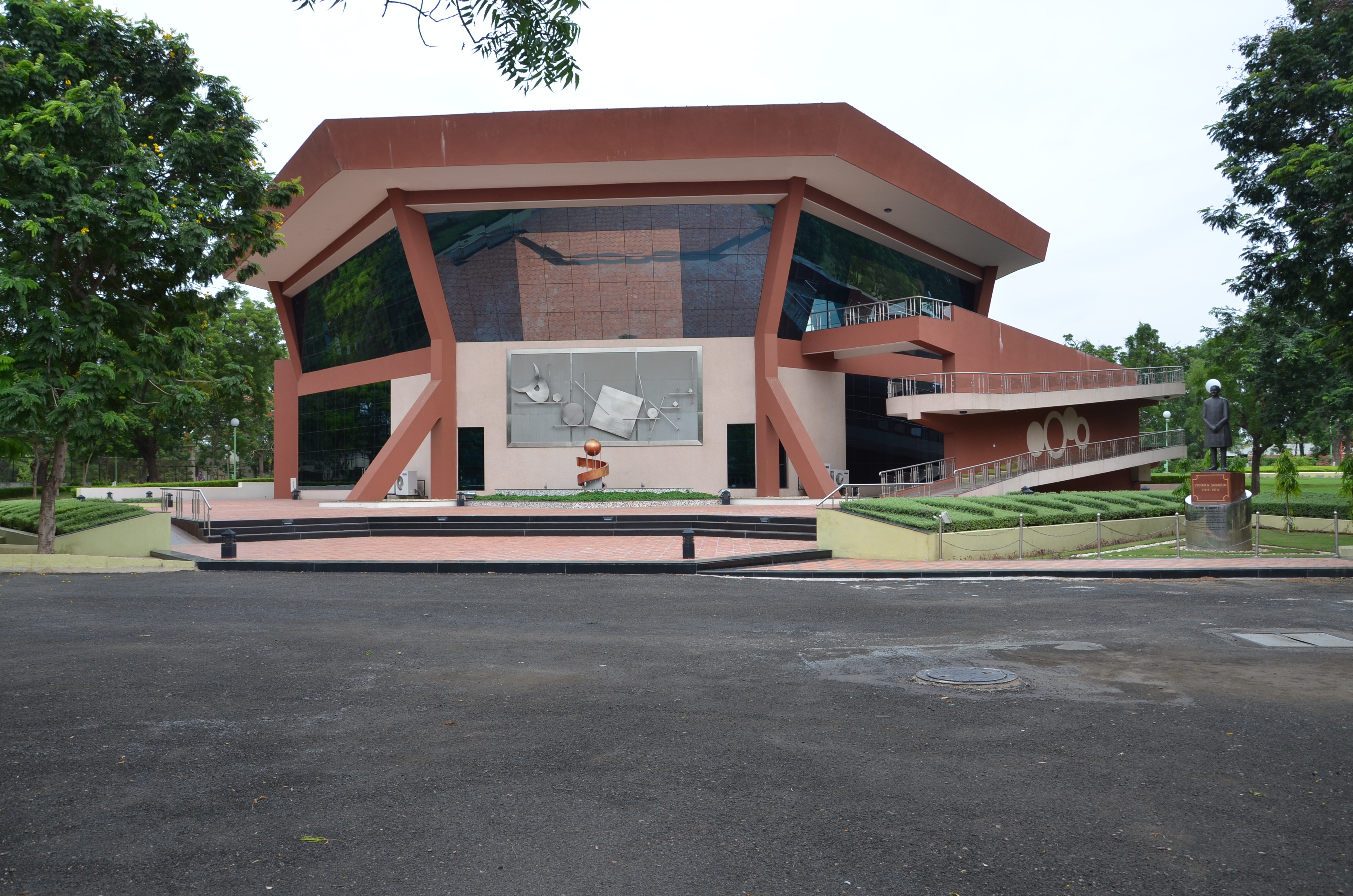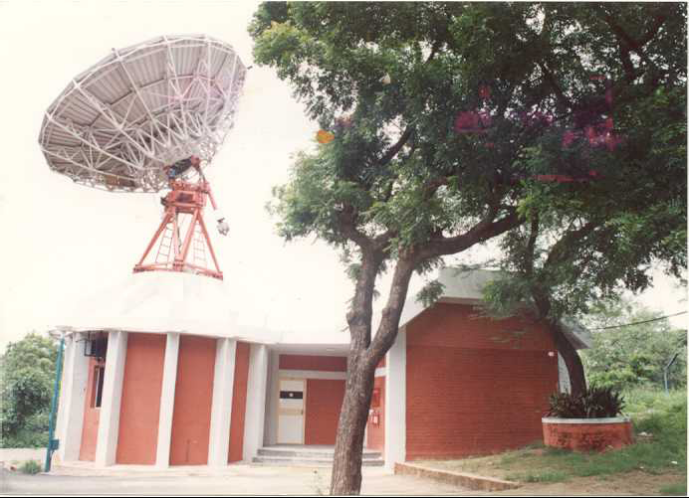Dr. Vikram A. Sarabhai
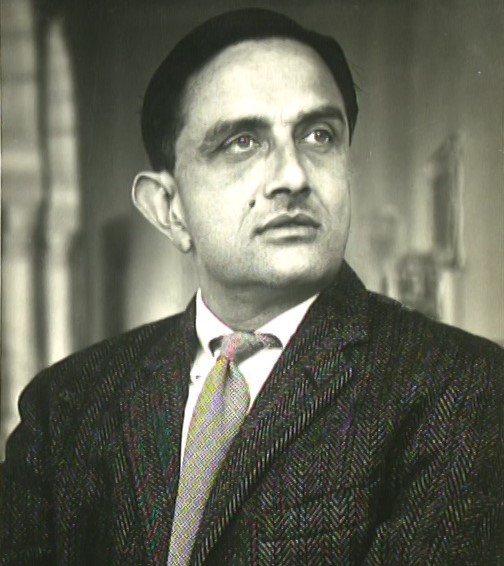
Dr. Vikram Ambalal Sarabhai
Founder
Dr. Vikram Sarabhai was born on 12 August 1919 in Ahmedabad, Gujarat. Dr. Vikram A Sarabhai obtained his Tripos (1939) and Ph. D. (1947) in Cosmic Ray Physics from Cambridge University, U.K. He worked with Sir C.V.Raman, the Nobel Laureate, at the Indian Institute of Science, Bangalore. On his return from Cambridge, Dr. Sarabhai set up the Physical Research Laboratory (PRL), Ahmedabad. He also established the Ahmedabad Textile Industry’s Research Association (ATIRA) and the Indian Institute of Management (IIM), Ahmedabad.
With a belief that space technology could play a meaningful role in national development and solving the problems of common man, Dr. Vikram A. Sarabhai shaped the Indian Space Programme in 1960. He saw tremendous potential of using modern science to help in the process of development. He drew up plans to take education to the remotest villages by using satellite television. The Indian Space programme concentrated on achieving self reliance and developing capability to build and launch communication satellites for television broadcast, telecommunications and meteorological applications; remote sensing satellites for management of natural resources. Thus Indian Space Programme initiated space activities in the country and gradually ISRO came into existence on August 15, 1969.
Dr. Vikram Sarabhai further established the Community Science Centre under the aegis of the Nehru Foundation for Development, which was renamed as Vikram A. Sarabhai Community Science Centre. In 1966, Dr. Sarabhai was appointed as Chairman, Atomic Energy Commission, and Government of India. He was awarded in 1962 the Shanti Swaroop Bhatnagar Memorial Award for Physics. He was also honored with the award of Padma Bhusan in 1966 by the government of India. The Padma Vibhusan was awarded to him posthumously.


